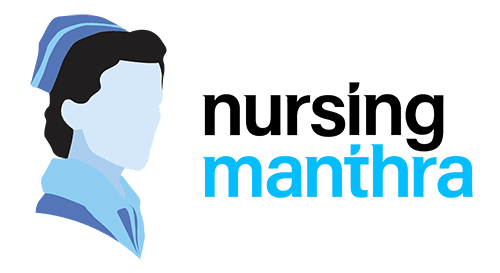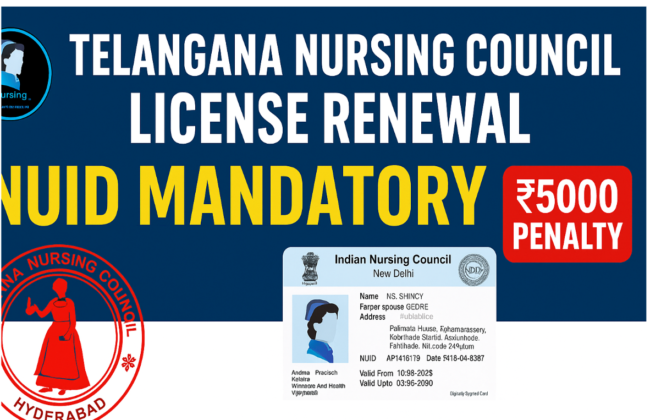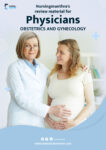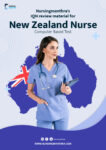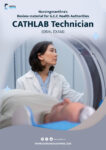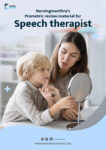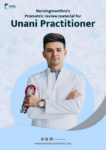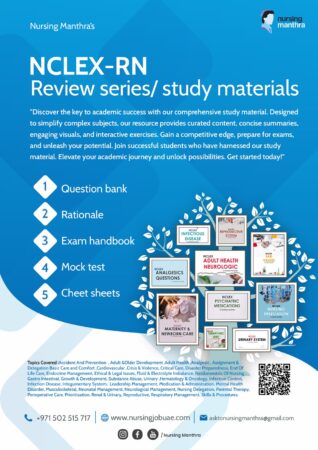Are you considering a career in nursing and thinking about studying abroad? Germany might be an excellent option for you. In today’s blog, we will delve into the world of German nursing courses, covering everything from their advantages and disadvantages to the course structure and admission requirements.
Advantages of Studying Nursing in Germany
- Tuition-Free Education: One of the most significant advantages of studying nursing in Germany is that you can do it without paying any tuition fees.
- Stipends: As a nursing student in Germany, you can receive a monthly stipend ranging from 800 to 1000 Euros, depending on the state. This stipend can be used to cover living expenses, including rent, food, and books.
- Language Proficiency: It’s essential to have a strong grasp of the German language. All classes, including theory and practicals, are conducted in German. Therefore, achieving at least a B2 level in German is crucial before applying.
- Course Information: Detailed course information can usually be found on hospital websites.
- Application Process: Prepare your resume and cover letter in German, and ensure that all your certificates are translated into German. Upload these documents to the hospital’s website, where you may be contacted for a telephonic interview. If selected, you can begin the visa application process.
Course Structure
German nursing courses follow a structured path:
- Starting Level: Classes are conducted in German, so achieving at least a B2 level in the language is a prerequisite.
- National Exam: Some states require a national exam upon course completion, allowing you to search for a job immediately upon passing.
- Specialization: In the third year, general nursing candidates can choose a specialized area.
- Salary: Upon employment, you can expect a salary of approximately 2500 Euros, including taxes.
- Eligibility: You can join a nursing course in Germany after completing 12th grade, with a minimum requirement of scoring more than 60% in any group for diploma in nursing. The age limit is typically 30 years.
German Language Levels
Understanding the German language levels is essential:
- A1 and A2: Basic
- B1 and B2: Independent User
- C1 and C2: Proficient User
It can take various hours of study to reach each level, with C2 being the most advanced.
Study Options and Citizenship
- Preparatory Course: After the 12th grade, you can take a 1-year preparatory course in Germany, or you can study for a year in India before applying.
- PG Courses: You can pursue postgraduate courses after obtaining your degree. Public universities offer free education, while private universities charge tuition fees.
- Citizenship: To be eligible for citizenship in Germany, they consider your study duration, and within two years of employment, you can apply for citizenship.
Free MBBS in Germany
- A 6-year Medizin course is available in public universities.
- Language proficiency is crucial, and a minimum of 80-85% in the 12th grade is recommended.
- NEET exam is not required.
- A preparatory course is offered upon arrival in Germany.
- Private studienkolleg is an option if you don’t get into public universities.
MBBS Course Information
- The MBBS course in Germany spans six years, divided into 12 semesters.
- The first two years are dedicated to pre-clinical studies, followed by five years of disease conditions.
- After the fifth year, an important exam awaits.
- In the sixth year, post-clinical studies and internships are conducted.
Expenses and Working as a Nurse in Germany
- Private university semester fees range from 300 to 600 Euros.
- You’ll need to show approximately 10,000 Euros in your bank account for admission.
- Part-time jobs are available in hospitals to cover living expenses.
- To work as a nurse in Germany, experience is not always required, but having Indian licensure can facilitate the visa process.
- Each state has its nursing board with varying application processes.
- Nurses in Germany enjoy family life but may not accumulate significant savings due to overtime restrictions.
Interview and Documentation
- Interviews primarily focus on language proficiency, with fewer nursing-related questions.
- Ensure that your certificates are translated.
- Prepare a power of attorney and notary attestation for legal matters.
- Obtain a medical fitness certificate from a German GP, a police clearance certificate, and other required documents.
This comprehensive guide should help you understand the intricacies of pursuing nursing courses in Germany. If you’re looking for a rewarding nursing career in a vibrant European setting, Germany might just be your ideal destination.
